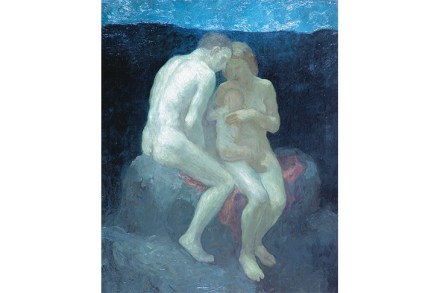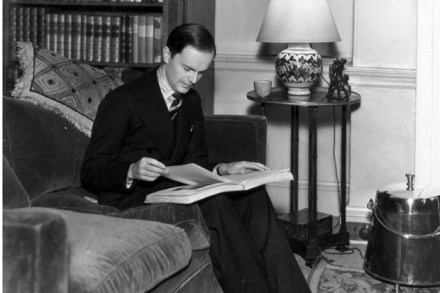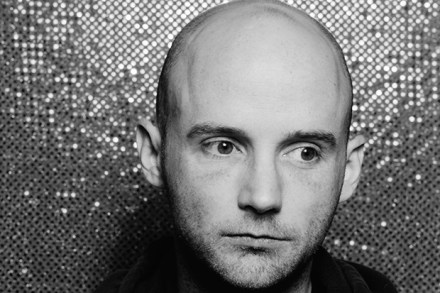In praise of Tove Ditlevsen — the greatest Danish writer you’ve never heard of
Pick up a Penguin Classic from a cult Danish author who ‘struggled with alcohol and drug abuse’ and took her own life aged 58, and you may have one or two prior expectations. They will probably not include a flirtatious dinner with an enthralled Evelyn Waugh (‘so attentive and kind’) in a Copenhagen restaurant so quiet that ‘we could hear the thumping of ships’ motors far out on the water’. Tove Ditlevsen and the ‘vibrant, youthful’ Waugh have their evening spoiled when her third husband — a crazy, drug-pushing medic — turns up in his motorcycle leathers to drag Tove away for her bedtime injection, plus a bout of rougher



















